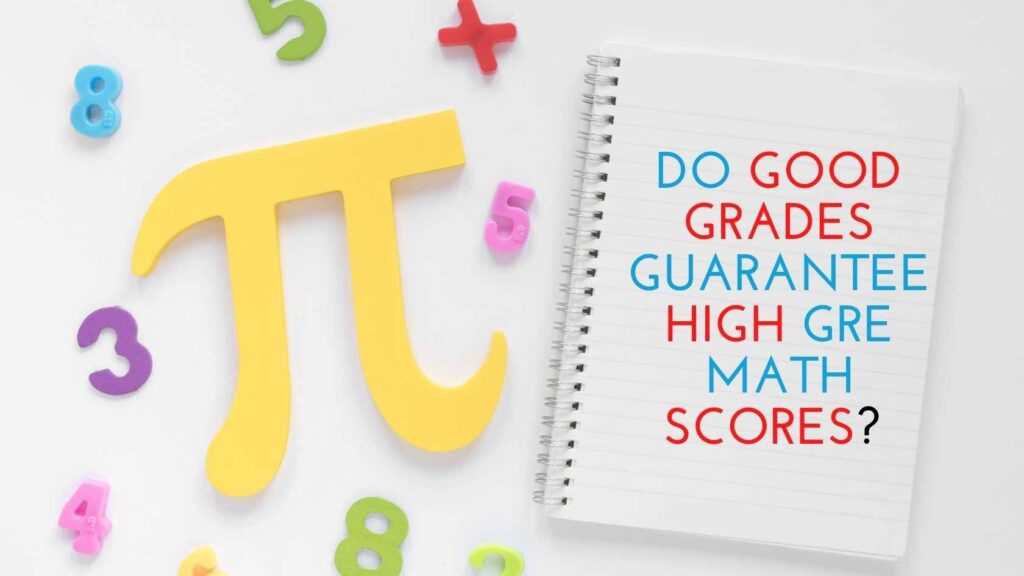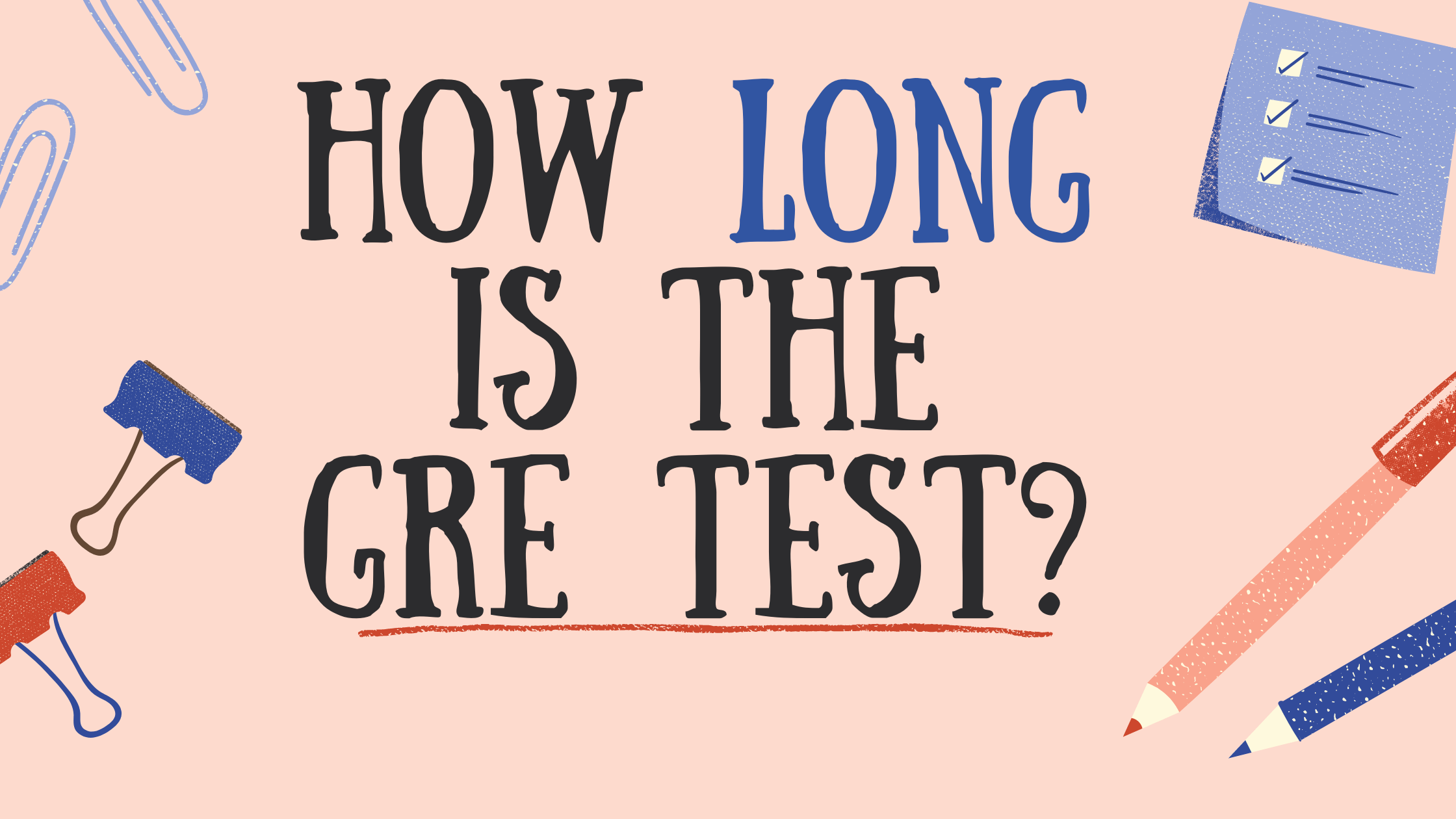GRE is a standardized test required for graduate schools mainly in the North Amerian countries. It measures its applicants on four major content areas such as verbal reasoning, quantitative reasoning, analytical writing, and critical thinking. According to the official test makers ETS, the quantitative test section encompasses basic math skills and entails items related to four key areas: arithmetic, geometry, algebra, and data analysis. So, What are the important components for GRE Quant Scores Improvement?
The general idea is that, if the applicant has sufficiently prepared for the test, he/she can score really well on all of the test sections. However, when it comes to the quantitative reasoning section of the test, this does not seem to be the case. I have seen some of the most brilliant math majors, who still fail to score anything above 161 in the quantitative reasoning section. Shockingly, I’ve seen quite a few students, who were extremely competent at math with gold medals in their academic degrees and still could not score higher than 161 even after 2-3 GRE attempts.
So despite all brilliance, why students are unable to improve GRE quant scores? Do you know why? Let’s discuss this in detail.
Clear Concepts:
First of all, students undertaking GRE come from all sorts of different backgrounds; some of them have studied from community colleges, while others belong to more prestigious, upper-class private institutions. Some focus on concepts while others focus on cramming. This division inherently puts a majority of students at a disadvantage. Consequently, when students appear in the GRE, they lack the ability to analyze and interpret complex math problems, which are presented in the form of word problems (problem-solving), quantitative comparisons, and interpretive data from graphs and tables. Such items require mathematical aptitude that our typical education system does not foster in our students, and therefore, they are unable to solve them. Only a student taught in an environment where critical thinking is appreciated and rewarded will be able to score higher.
Time Crunch:
Another reason behind our students’ inadequacy is the time crunch. GRE contains timed tasks, which require quick comprehension and execution, especially in data analysis and word problems. They are accustomed to solving problems at their own pace. Since time-pressure impedes effective reasoning capability, students fail miserably at GRE speed tasks. Many students fail at managing time because they spend too much of it trapped in the tricky questions and eventually fall prey to the built-up time pressure. This makes them attempt the remaining questions in a haste and so they end up making very silly mistakes hence affecting the test scores.
Analytical Thinking:
Analytical thinking is something missing in the majority of students who score low in the GRE. Mainly, we don’t apply it in our academics. That is required to solve logical problems in quantitative reasoning. As a result, only those students score well, who are able to analytically scan the information and find clues to the solution.
Test-taking Stamina:
Furthermore, GRE is a computer-assisted test which requires 3 hours and 45 minutes to complete. Naturally, it is quite inconvenient to sit in front of a computer screen for almost 4 hours. Sitting this long for a test is cumbersome and requires stamina, which again is lacking in our students.
Mental Readiness:
Another factor is that our students don’t receive the right training for the test beforehand. However, there are ways through which we can rectify this issue. For example, taking mock tests for GRE is the best way to prepare students for the actual test. This way, they’ll know exactly what to expect in the test and will be mentally ready for it. Since practice and mental readiness together play an instrumental role in receiving a high score; mock tests are the best solution. This will encourage the students to employ better time management techniques to control their nerves during the test.
Strategies and Tricks
Strategies and tricks help to undertake the test efficiently and make the most out of the time given. For example, in quantitative comparison (QC) questions, students can memorize what do options A, B, C D mean. This comes in very handy to save time and score well. Likewise, do not select the option “D” if both quantities have numbers. As the quantities are usually always comparable. Also, knowing the formulas and strategies to solve questions quickly can help saving time too. Moreover, students who are really good at quick math end up score higher as it helps them to save their time.
Therefore, learning such useful tips can improve your GRE quant scores.
Summary
Summing it up, GRE quant score improvement is possible if we apply the right strategies and study smartly. GRE’s Quantitative reasoning section tests you on basic mathematical skills that you have acquired over a long period of time. Therefore, students with adequate practice and preparation can score well on the Quantitative section.
Next Article: How to study for the GRE Math?









